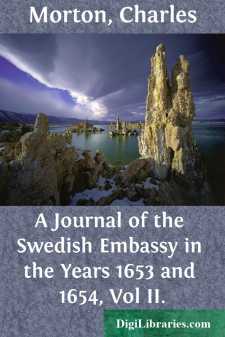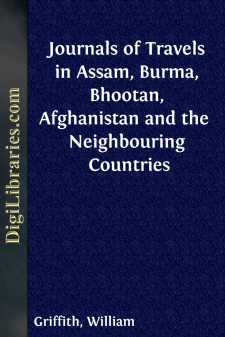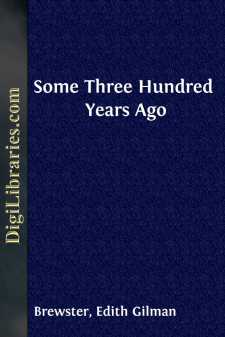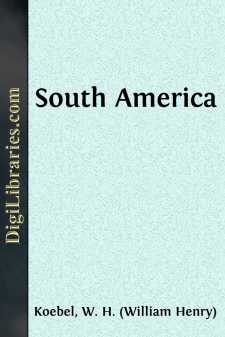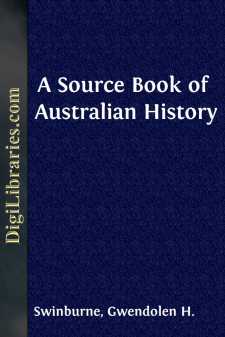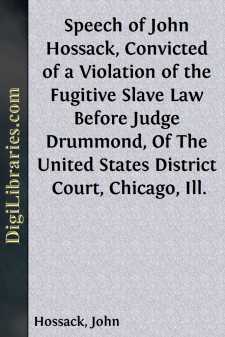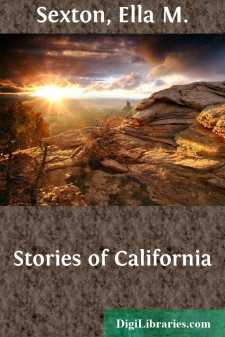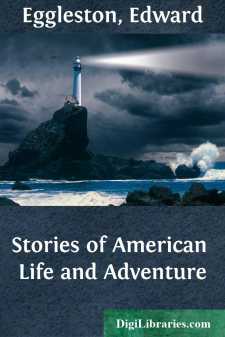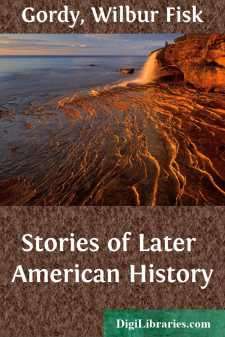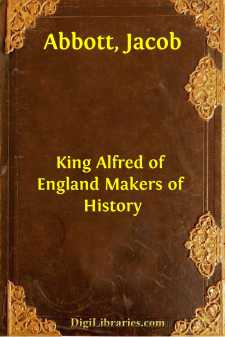History
- Africa 30
- Americas (North Central South West Indies) 50
- Ancient 68
- Asia 58
- Australia & New Zealand 8
- Canada 41
- Caribbean & West Indies 1
- Civilization 20
- Eastern Europe 12
- Europe 310
- Expeditions & Discoveries 60
- General 77
- Historical Geography 1
- Jewish 9
- Latin America 3
- Medieval 8
- Middle East 13
- Military 248
- Revolutionary 8
- Study & Teaching 5
- United States 353
- Western Europe 56
- World 13
History Books
Sort by:
by:
Charles Morton
March 1, 1653. Whitelocke continues the negotiation. Now was the heat of Whitelocke’s business, and many cross endeavours used to render all his labours fruitless, and to bring his treaty to no effect. But it pleased God, in whom his confidence was placed, to carry him through all his difficulties, and to give his blessing and success to this negotiation. Whitelocke gave a visit to the Count de...
more...
by:
William Griffith
NOTICE OF WILLIAM GRIFFITH, from the Proceedings of the Linnæan Society, with a few extracts from his private correspondence. “WILLIAM GRIFFITH, Esq., the youngest son of the late Thomas Griffith, was born on the 4th of March 1810, at his father’s residence at Ham Common, near Kingston-upon-Thames, in the county of Surrey. “He was educated for the Medical profession, and completed his studies at...
more...
NONOWIT'S HOME Long before New Hampshire found its name, the deep river at its southeast was known as the Piscataqua by the Indians who could stem its strong currents, even in bark canoes. Perhaps it was because of the fresh spring close to its salty shores, some three miles from the sea, that the red men made their encampment on the spot that was later equally attractive to men of white skins....
more...
CHAPTER I THE CONTINENT IN PRE-SPANISH DAYS The discovery of South America stands as one of the most dramatic events in history. From the time of its occurrence until the present so deeply has this event impressed itself on men's minds that the previous state of the Continent has been a somewhat neglected topic. The Incas and their civilization, it is true, have attracted no small share of...
more...
Source.—Tasman's Journal (edited by Heeres), pp. 1, 11-16 The Spaniard Torres was probably the first European to sight Australia (Cape Yorke); but Tasman was the first who consciously discovered the Great South Land. In his search for fresh fields for trade, he came upon Tasmania and New Zealand. Journal or description drawn up by me, ABEL JAN TASMAN, of a Voyage made from the town of Batavia in...
more...
by:
John Hossack
SPEECH OF JOHN HOSSACK. [At the February term of the U.S. District Court for the Northern District of Illinois, JOHN HOSSACK and JOSEPH STOUT, of Ottawa, were convicted of having aided in rescuing a fugitive slave from the custody of the U.S. Deputy Marshal at Ottawa, Oct. 20, 1859, and sentenced by Judge Drummond to pay a fine of one hundred dollars, and be imprisoned ten days. Mr. HOSSACK is a...
more...
by:
Ella M. Sexton
CALIFORNIA'S NAME AND EARLY HISTORY A Spanish story written four hundred years ago speaks of California as an island rich in pearls and gold. Only black women lived there, the story says, and they had golden spears, and collars and harness of gold for the wild beasts which they had tamed to ride upon. This island was said to be at a ten days' journey from Mexico, and was supposed to lie...
more...
by:
Edward Eggleston
A WHITE BOY AMONG THE INDIANS. Among the people that came to Virginia in 1609, two years after the colony was planted, was a boy named Henry Spelman. He was the son of a well-known man. He had been a bad and troublesome boy in England, and his family sent him to Virginia, thinking that he might be better in the new country. At least his friends thought he would not trouble them so much when he was so...
more...
CHAPTER I PATRICK HENRY The Last French War had cost England so much that at its close she was heavily in debt. “As England must now send to America a standing army of at least ten thousand men to protect the colonies against the Indians and other enemies,” the King, George III, reasoned, “it is only fair that the colonists should pay a part of the cost of supporting it.” The English...
more...
by:
Jacob Abbott
Chapter I. The Britons. Alfred the Great figures in history as the founder, in some sense, of the British monarchy. Of that long succession of sovereigns who have held the scepter of that monarchy, and whose government has exerted so vast an influence on the condition and welfare of mankind, he was not, indeed, actually the first. There were several lines of insignificant princes before him, who...
more...


